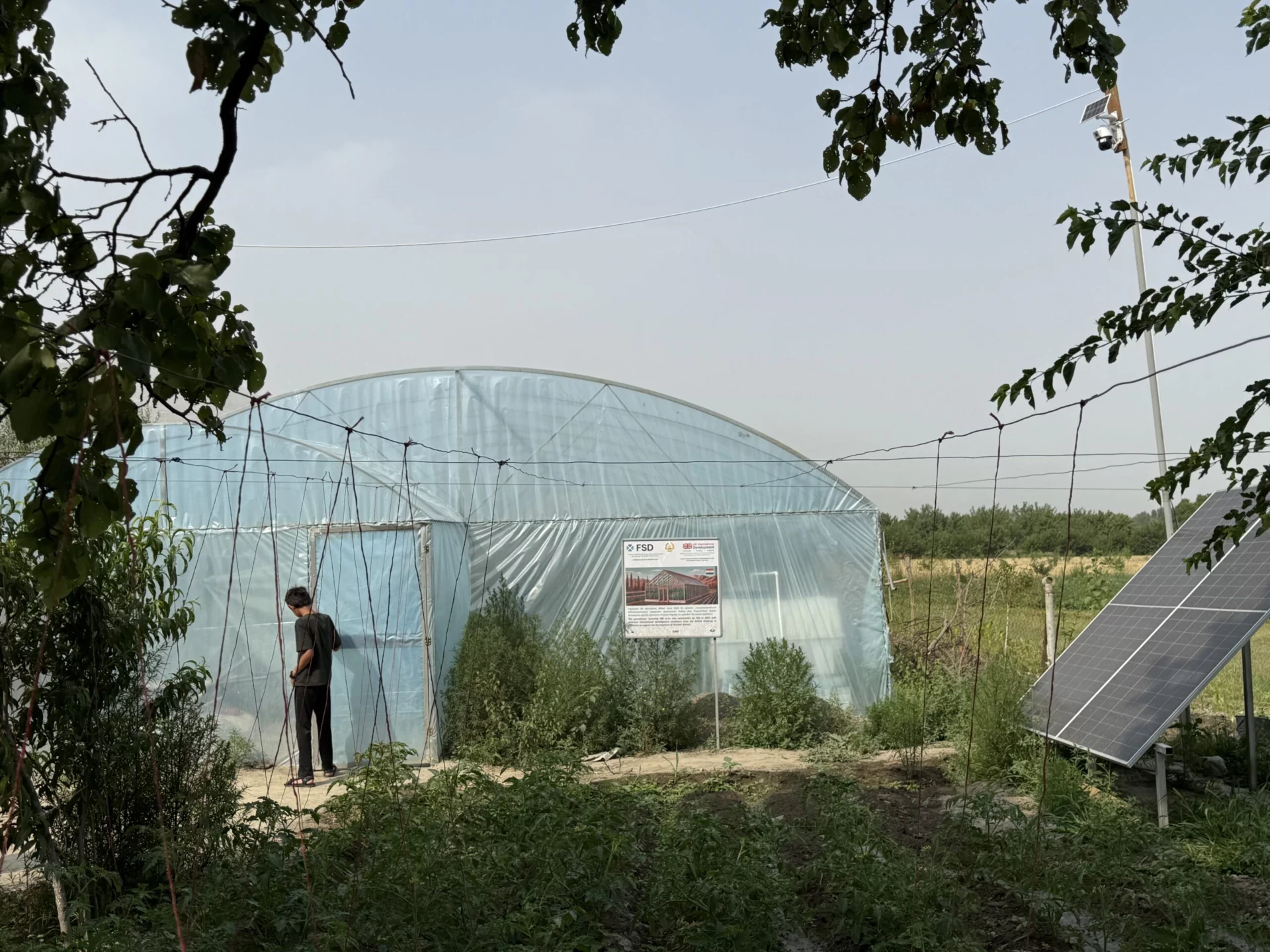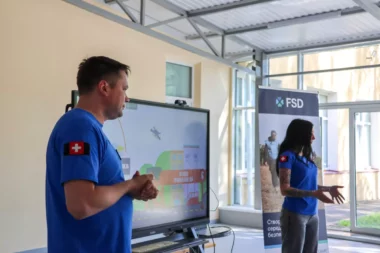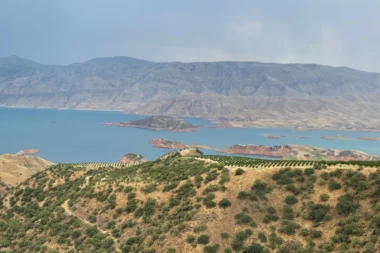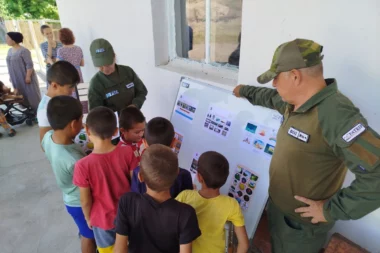Strengthening resilience to climate change

When climate threatens peace
The effects of climate change manifest as extreme temperatures, severe weather events, prolonged droughts, floods, and increased soil erosion. These phenomena weaken ecosystems, reduce agricultural production, and exacerbate food insecurity by affecting the availability, access, and stability of resources. In already fragile contexts, environmental degradation and resource scarcity can heighten tensions, undermine stability, and hinder peacebuilding efforts.
Local responses for a sustainable future
FSD implements a variety of projects aimed at strengthening resilience to climate change in contexts of instability or post-conflict settings, supporting food security and improving community living conditions. Some projects are carried out on previously cleared land or nearby areas, while others form part of broader recovery and sustainable development efforts.
These initiatives seek to improve access to water and promote the use of solar energy, encourage sustainable and climate-adapted agricultural practices — such as greenhouse cultivation, hydroponic systems, or the use of natural fertilisers — and protect the soil through tree planting and the rehabilitation of degraded land.
Latest news from FSD
View all
Beyond demining: preparing to hand over the reins
Faced with this reality, FSD — with the support of Switzerland — is working on two fronts: clearing land today,…
Humanitarian demining Prevention and risk education Ukraine

Tourist destinations still marked by the scars of war
In the world, nearly one in three countries remains contaminated by landmines and explosive remnants of war, particularly across much of South-East…
Landmines and explosive remnants Colombia Iraq Sri Lanka

On the Tajik-Kyrgyz border, scarred lands begin to heal
In the villages of Shurob and Chorkuh, in northern Tajikistan, the scars of civil war and regional tensions are still…
Recovery Humanitarian demining Prevention and risk education Tajikistan